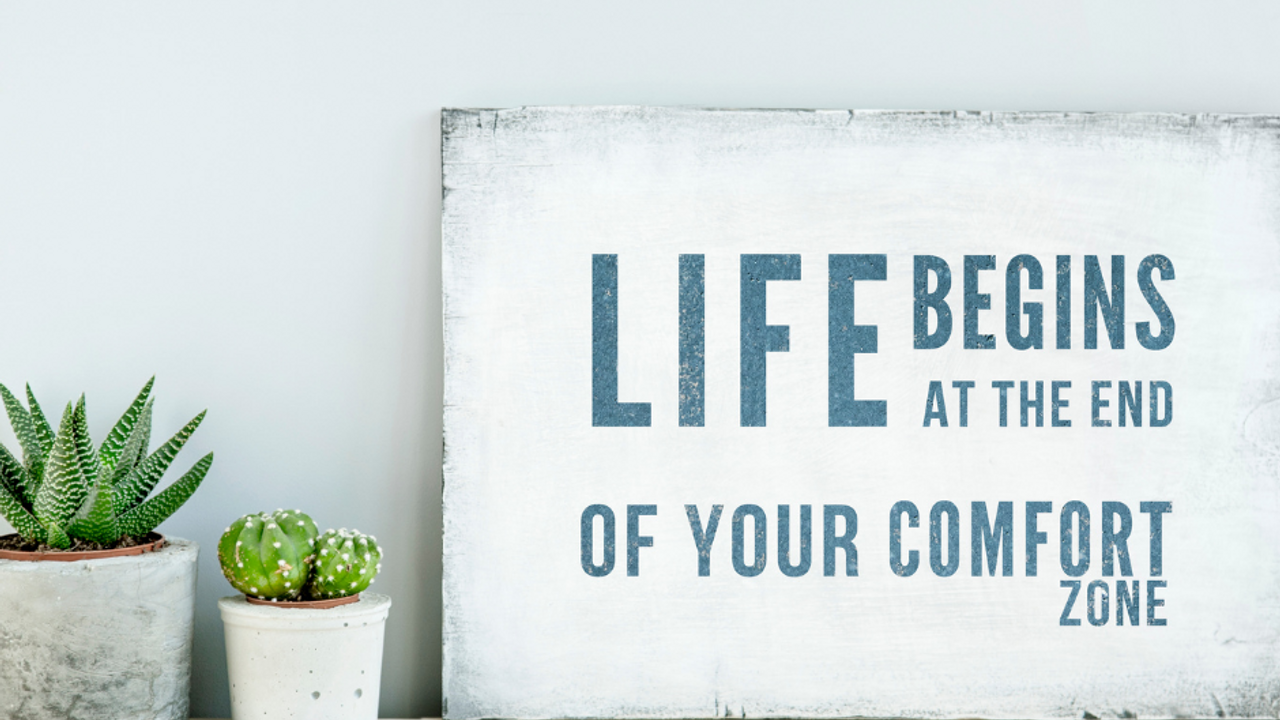The Blog
supporting you to achieve success
Be positive!
Nov 17, 2021
The Formula for Reaching Your Goal Fast
Nov 10, 2021
Use Visualization to Reach Your Goals
Nov 03, 2021
What is Behavior-Based Goal Setting?
Oct 20, 2021








